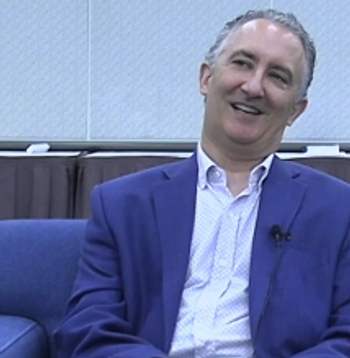
DSM-5 Will Not Be Credible Without An Independent Scientific Review
After all this controversy and opposition, there is one thing (and one thing only) that will save the credibility of DSM-5 and guarantee its safety--a credible process of external scientific review.
After all this controversy and opposition, there is one thing (and one thing only) that will save the credibility of DSM-5 and guarantee its safety-- a credible process of external scientific review. APA is conducting its own internal scientific review, but it strikes out badly on all 4 requirements that must be met before a review deserves to be taken seriously as a trustworthy stamp of approval.
The scientific review must be:
1. Open: But DSM-5 is engaged in the curious process of a confidential, secret scientific review. Real science and real scientific review are completely incompatible with secrecy.
2. Independent: But most of the people reviewing the much reviled DSM-5 suggestions have been closely involved in the development of DSM-5 and would have to recuse themselves if this were anything like an independent review.
3. Systematic: But the DSM-5 reviews show no method or thoroughness or consistency. Often, most of papers cited were done by those making the proposals.
4. Rigorous: But the DSM-5 review process was discredited from its moment of birth. Its very first decision was to accept the scientific credentials of a new diagnosis invented 6 years ago and studied by just one group. This travesty could never have occurred were such an inadequate proposal exposed to external review.
The APA has failed to explain why anyone should accept as credible an internal scientific review process that is so closed, homegrown, cursory, and forgiving. APA also offers no explanation why external review doesn't make complete sense.
There is every reason for everyone to be extremely skeptical and to demand a real scientific review.
None of the radical and highly controversial DSM-5 suggestions should be accepted unless and until first subjected to a completely independent review of scientific merit and a risk/benefit analysis of its likely impact on actual clinical practice.
The most important outcome of the DSM-5 petition could be to smoke APA out on this issue and pressure it to invite outside review.
The DSM-5 petition is now about 11 days old and has been signed by almost 3500 people. In the first week the rate was about 250 people a day. In the last few days, the rate has grown to almost 500 per day. The petition is clearly gaining momentum. It can be accessed at
Newsletter
Receive trusted psychiatric news, expert analysis, and clinical insights — subscribe today to support your practice and your patients.







